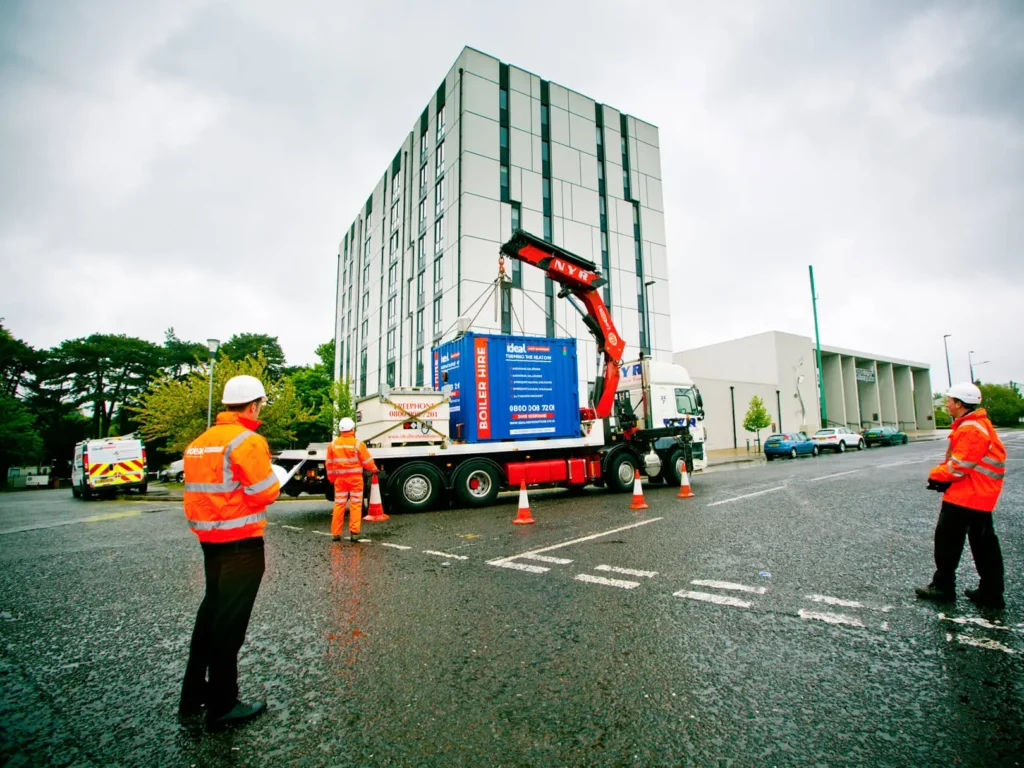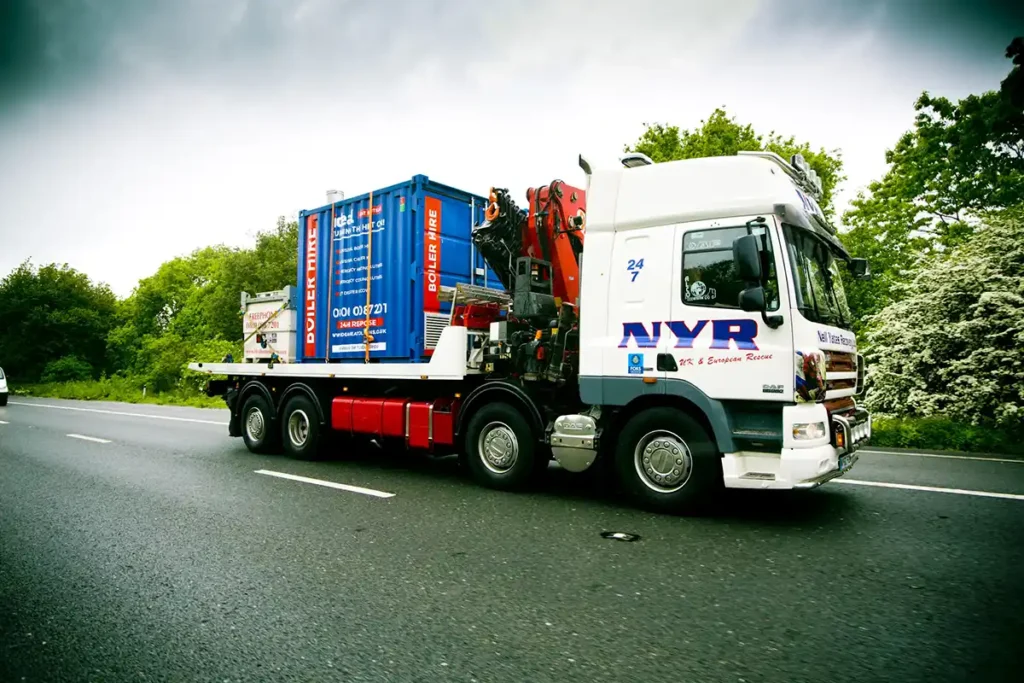During the Covid 19 pandemic, schools and colleges were shut across the UK, leading to major disruption in the education of children and young people and, as we are now finding out, widespread mental health problems at every age level. If we didn’t already know, it has shown us that upheaval in schools has major social and emotional as well as educational consequences for young people which are not easily remedied. Attainment dropped across all subjects and many children, particularly those from a lower socio-economic background, may never be able to catch up.
Post-pandemic, ensuring that any educational setting continues to function in a crisis has taken on new importance, and a big part of this is making contingency plans for any property issues which may arise in the future.
Structural complications in schools have been hitting the headlines over the last eighteen months with the failure of reinforced autoclaved aerated concrete (RAAC) panels. RAAC is a mixture of cement, calcium hydroxide, fine sand and aluminium powder, and it’s light and inexpensive compared to traditional concrete. However, the aeration and lack of aggregate in its composition open it up to water ingress, with resulting cracks, instability and collapse, often with no prior indication that something is wrong. Just before the start of the autumn term in 2023, three schools in the UK had unexpected roof collapses caused by weakened RAAC. The following month, 231 education settings were confirmed to contain RAAC, leading to some schools being forced to institute virtual learning, hastily make arrangements for temporary classrooms and other buildings, or delay the beginning of term.

In addition to the problems caused by RAAC, a recent article on the Schools Week website has highlighted further reasons for emergency school closures. The article states that since 2018, headteachers in 48 council areas had been forced to shut schools fully or partially 1,250 times due to ‘storm damage, utility issues, structural problems, floods, gas leaks, boiler faults, pests or ceiling collapses.’ A further statistic says that 24,000 school buildings, around 38% of the total, are functioning beyond their design life.
It’s a disturbing picture. So what can buildings and premises managers in the education sector do to help minimise disruption in term time and ensure every child gets the continuity they deserve?
One of the most important appliances in any building is the commercial boiler. Without it, schools can’t keep children and employees warm or provide hot water for handwashing. Lunches can’t be cooked, cleaning is impossible and changing for PE and showering afterwards is not a pleasant experience. In the classroom, concentration dips, work levels decline, people with medical issues may suffer, and for boarding schools or university campuses where people are living as well as studying it can be a major issue.
If a commercial boiler has a problem or shuts down altogether, it has the potential to turn into a crisis, especially if an engineer finds a serious problem. It always seems to happen at the worst possible time – during exams, before an important open day or the school nativity, or just as the Met Office announces that temperatures are dropping, and snow is expected shortly. It can also cause reputational damage to the school as parents will be unimpressed by the lack of crisis management.

Therefore, the seamless provision of heat and hot water has to be a top priority, and the answer to the problem is a contingency plan for temporary boiler hire. If your school has a plan like this in place, loss of productivity will be minimal. During the RAAC crisis, schools with a contingency plan for commercial boiler hire were able to make immediate arrangements for heating and hot water in makeshift classrooms without having to resort to online learning.
Temporary boiler hire can also be utilised if an outbuilding is suddenly pressed into use while emergency work takes place on a permanent classroom, during planned maintenance, or simply to augment existing arrangements.
At Ideal Heat Solutions, our state-of-the-art temporary boilers have come to the aid of many schools, and we strongly recommend putting a contingency plan in place to avoid disruption.
Once you call us, one of our fully accredited engineers makes a site visit, free of charge, to check access, available space, position of power sources, the layout of the school and health and safety considerations. We draw up a blueprint for your specific requirements, and a temporary boiler can then be installed as soon as you need one, because arrangements have already been made.
If you think a contingency plan for temporary commercial boiler hire would be a practical move for your school, why not contact us. Our team of experienced staff are on hand 24/7 to provide assistance and support, and our reputation for delivering temporary boiler solutions is second to none.